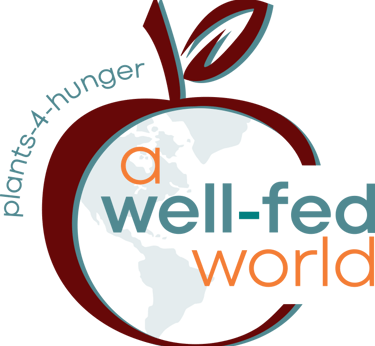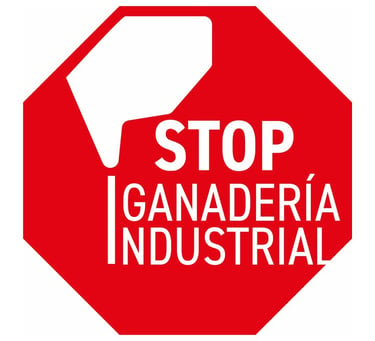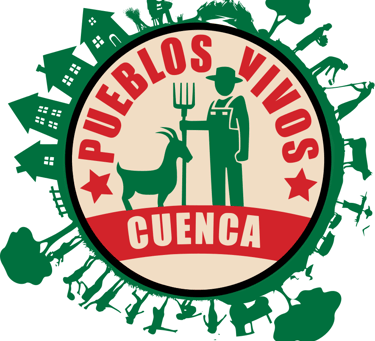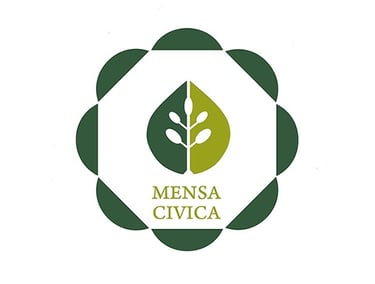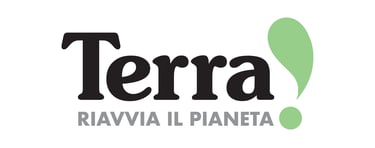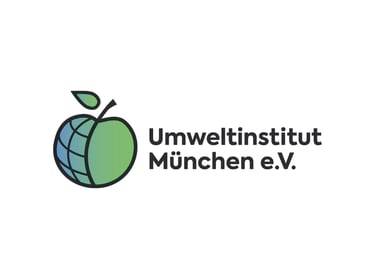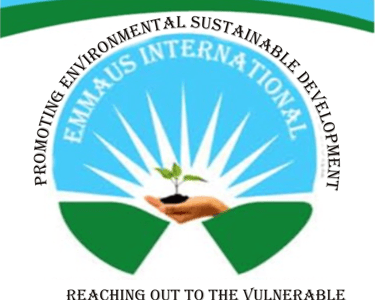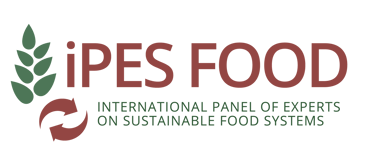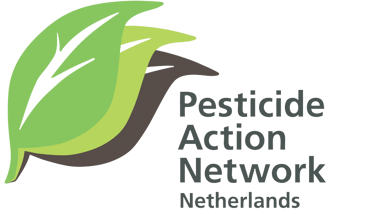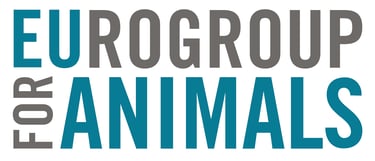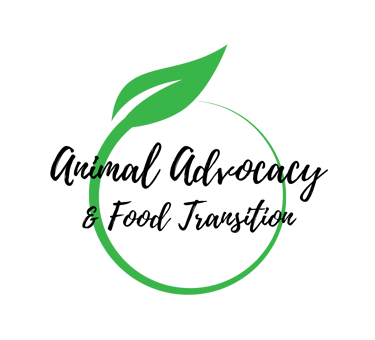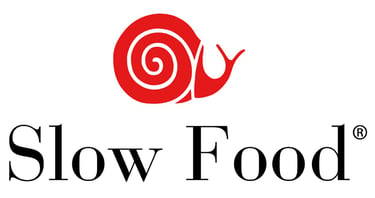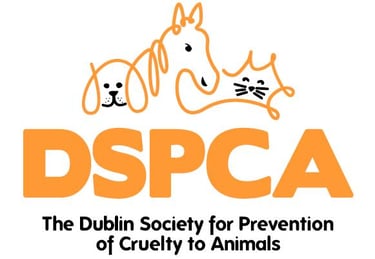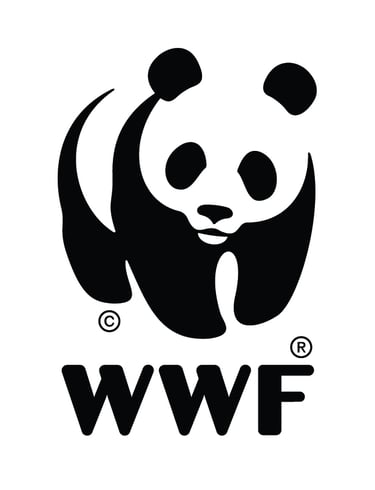
Do you support?
Ending the expansion of industrial livestock






Cutting emissions from factory farming
Helping farmers' transition to agroecological food

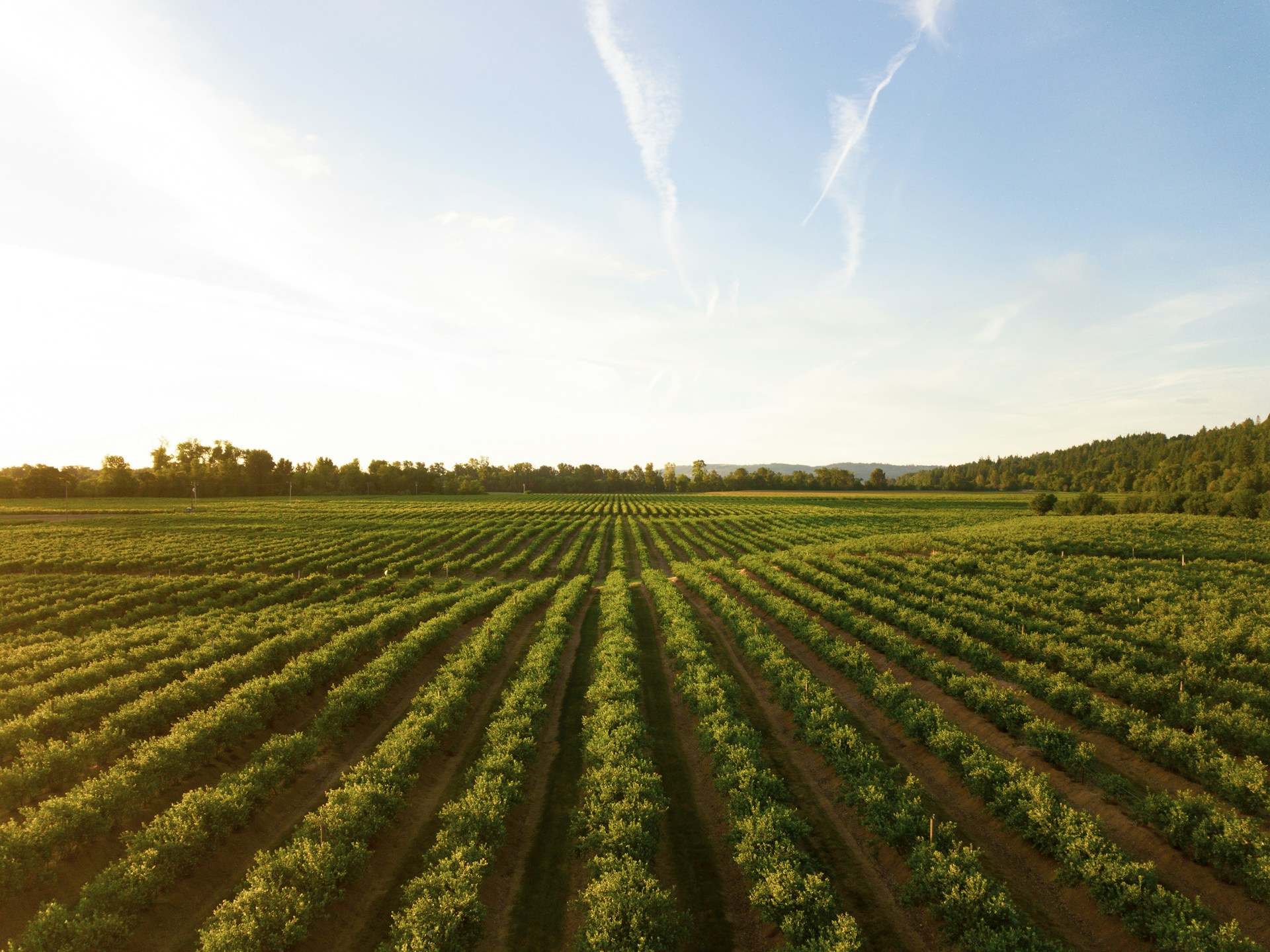
Join people all over the world calling for Just Transitions to Agroecology.

Just Transitions to Agroecology and Binding Targets to Cut Industrial Agricultural Emissions Must Anchor 2035 Climate Ambition
We, the undersigned organizations, urge all Parties to the Paris Agreement to raise the ambition of their 2035 Nationally Determined Contributions (NDCs) by meaningfully including agriculture and food systems commitments, including associated land use emissions, before COP 30 in Brazil. The agriculture sector and food systems are responsible for up to 37% of global anthropogenic emissions. Even if fossil fuel emissions were halted immediately, current food system trajectories alone would render the 1.5°C target unattainable. Agriculture systems are already in peril due to rising temperatures. In COP 28, Parties committed to addressing the vulnerabilities of the food and agriculture system in their NDCs, National Adaptation Plans (NAPs) and National Biodiversity Strategies and Action Plans (NBSAPs) by putting people at the heart of climate action. Most Parties have also committed to the Global Framework on Chemicals and the Global Biodiversity Framework, explicitly mandating transitions to agroecology and non-chemical alternatives, and the halving of pollution from pesticides and fertilizers. To meet climate, biodiversity and pollution goals and uphold human rights, we must fundamentally transform how we produce, distribute, and consume food.
The Intergovernmental Panel on Climate Change (IPCC) affirms that a transformation in food systems—including a shift toward agroecology—can deliver the emissions reductions and climate resilience required to remain below 1.5°C. NDCs must therefore prioritize agricultural emissions reductions by expanding support for agricultural producers to transition from high-emitting, large-scale industrial agriculture toward agroecology and ecological farming rooted in food sovereignty. These commitments will not only contribute to mitigation, but also help the food sector adapt to climate change.
The industrialized livestock system is built to benefit multinational meat and dairy corporations and is dependent on the exploitation of farmers, workers and animals. Dominated by factory farming, long supply chains and depletion of natural resources, it is driving destruction of biodiversity and vital ecosystems like the Amazon rainforest. A just transition means incentivizing and expanding a food system that is humane and based on agroecology that adequately supports farmers and workers in that transition. High-income countries must lead by regulating industrial agriculture and implementing binding agricultural emissions reduction targets for both methane and nitrous oxide, in tandem with just transition measures that ensure social protection, training and reskilling and inclusive participation of farmers, workers and rural communities.
The 2021 UNEP Global Methane Assessment called for a 45% reduction from 2020 methane levels by 2030, yet according to the latest Methane Tracker 2025 report, these emissions have yet to peak. Agriculture is a leading source of human-made methane and nitrous oxide emissions, largely due to large-scale livestock production and unregulated fertilizer use. Nitrous oxide has increased by 40% since the 1980s, while methane’s atmospheric concentration is rising exponentially and is currently responsible for about one-third of observed global warming.
Though many governments have included agriculture in NDCs, no major agriculture emitter has committed to a time bound plan to bring these emissions down significantly. To make things worse, some surplus livestock-producing and exporting countries are attempting to re-frame targets for methane with the goal to achieve “no additional warming” —meaning they aim to maintain their existing high levels of methane, instead of cutting them. Methane is 80 times more powerful than CO2 over a 20 year period. In fact, watering down methane targets - by using the metric known as “GWP*”- would unfairly favor high livestock producing countries given that they would have a baseline of far higher methane emissions than most other developing countries. Such targets have been heavily criticized by scientists as ignoring scientific evidence. Adopting them would not only derail the Paris Agreement’s 1.5°C threshold target and its principle of equity, they would also increase climate risk for all nations.
Reducing industrialized, large-scale livestock production, reducing consumption in line with the planetary health diet, and shifting to more plant-based foods are essential to meeting both global climate and biodiversity goals.⁷ Governments must ensure the right to healthy and nutritious food particularly for vulnerable communities and regions while doing so. A narrow focus on techno-fixes cannot close the emissions gap, structural changes are necessary to address both climate change and the environment.
Both high- and middle-income countries must empower rural and urban food-producing communities by centering the knowledge and rights of smallholders, Indigenous Peoples, and frontline communities. They must incentivize agricultural practices that restore ecosystems, support biodiversity, and ensure access to healthy and nutritious foods for all, enabling just transitions in agriculture in their NDCs.
We, the undersigned, call on:
All UNFCCC parties to oppose the adoption of “no additional warming” targets using GWP* for methane reduction.
All High-income countries to lead by anchoring their 2035 NDCs with just transitions away from high-emitting, large-scale industrial agriculture and toward agroecology.
This commitment can be implemented through:
Binding legislation and a time-bound plan for equitably reducing agricultural emissions (including methane), while ruling out offsets and unproven short-term technological solutions.
Halting the expansion of industrial livestock and feed grain production (no new factory farms or expansion of existing ones), prioritizing diverse food for people over feed.
Creating a time-bound strategy and Just Transition implementation plan to shift public funds away from large-scale animal agriculture (including feed) toward incentivizing and expanding a food system based on agroecology that adequately supports farmers and workers in that transition, with social protection schemes and inclusive and meaningful participation of farmers, workers and rural communities.
Ensuring that the shift enables local markets to thrive on which pastoralists, herders and other small-scale food producers depend in the Global South–without the threat of global corporations simply shifting their environmentally destructive operations there and disrupting livelihoods.
Introducing policies that eliminate overconsumption of animal products and support a dietary shift toward healthy, ecological, plant-based foods, including by centering social justice and right to food in food environments.
Read The Full Statement

Abibinsroma Foundation • A Well-Fed World • Action Contre La Faim • Actionaid France • Actionaid International • Adasina Social Capital • Adda (Asociación Defensa Derechos Animal) • African Coalition On Green Growth • Alliance For Food Sovereignty In Africa • Alianza Por Una Mejor Calidad De Vida • Animal Advocacy & Food Transition • Arche Noah • Arde Global • As-Pta Agricultura Familiar E Agroecologia • Association des Jeunes pour le Développement Communautaire, AJDC • Asociación Nacional Defensa Animales (Anda) • Asociación Vida Sana • Association Jeunesse Pour L'environnement Et Le Développement Durable (Ajedd) • Biovision Foundation • Brinzal • Brighter Green • Bund Für Umwelt Und Naturschutz Deutschland E.V. (Bund) • Bund Ökologischer Lebensmittelwirtschaft • Caring Doctors • Centre For Climatology And Applied Research • Center For International Environmental Law • Changing Markets Foundation • Climate Action Network Zimbabwe • Deutscher Naturschutzring (Dnr) • Dublin Society For Prevention Of Cruelty To Animals • Emmaus International • Eurogroup For Animals • Fian International • Foodrise • Foodwatch International • Forests Of The World • Friends Of The Earth France • Friends Of The Earth U.S. • Gemeente Plant Vooruit • Germinando Cooperativa • Germanwatch E.V. • Green Rev Institute • Growth Partners Africa/Kenya Food Alliance • Humane World For Animals • Humundi • Inkota Netzwerk • Institute For Agriculture And Trade Policy • Instituto Regenera • Integrated Social Development Effort (Isde) Bangladesh • International Accountability Project • Isde, International Society Of Doctors For Environment Italy • Klimataktion • Lake Constance Foundation • Leave It In The Ground Initiative (Lingo) • Lipu-Birdlife Italia • Lower Raritan Watershed Partnership • Madre Brava • Mensa Civica • Methane Action • Mighty Earth • Milieudefensie • Naturland • Observatorio Para Una Cultura Del Territorio • Oxfam International • PKRC (Pakistan Peasants Coordination Committee) • Pan Asia Pacific • Pesticide Action Network (Pan) Africa • Pesticide Action Network (Pan) International • Pesticide Action Network Uk (Pan Uk) • Pesticide Action Network North America • Pestizid Aktions-Netzwerk E.V. (Pan Germany) • Pesticide Action Network Netherlands • Pivot Point • Project 1882 • Proveg International • Pueblos Vivos Cuenca • Rainforest Action Network • Real Food Systems Youth Network • Rebelión Científica España • Red De Acción En Plaguicidas De América Latina, Rap-Alna • Red De Acción En Plaguicidas Y Sus Alternativa En México (Rapam) • Seae- Sociedad Española De Agricultura Ecológica Y Agroecología • Slow Food • Society For Animals, Cz/Společnost Pro Zvířata • Sociedad Amigos Del Viento • Soortennl • Sonеbutu • Southern Africa Climate Change Network • Stop Ganadería Industrial (Spain) • Terra! • Thanal Trust • The European Institute For Animal Law & Policy • The International Panel Of Experts On Sustainable Food Systems (Ipes-Food) • Udyama • Umweltinstitut München E.V. • Wakker Dier • World Animal Protection • Wwf - World Wide Fund For Nature • Yayasan Ekologi Nusantara Lestari (Ekonesia) • Yayasan Pusaka Bentala Rakyat • Youth Climate Save Canada • Zimbabwe Climate Change Coalition
Signatories

Reimagine Food Systems
An urgent message to COP30 delegates to cut agriculture emissions now.
© 2025. All rights reserved.






